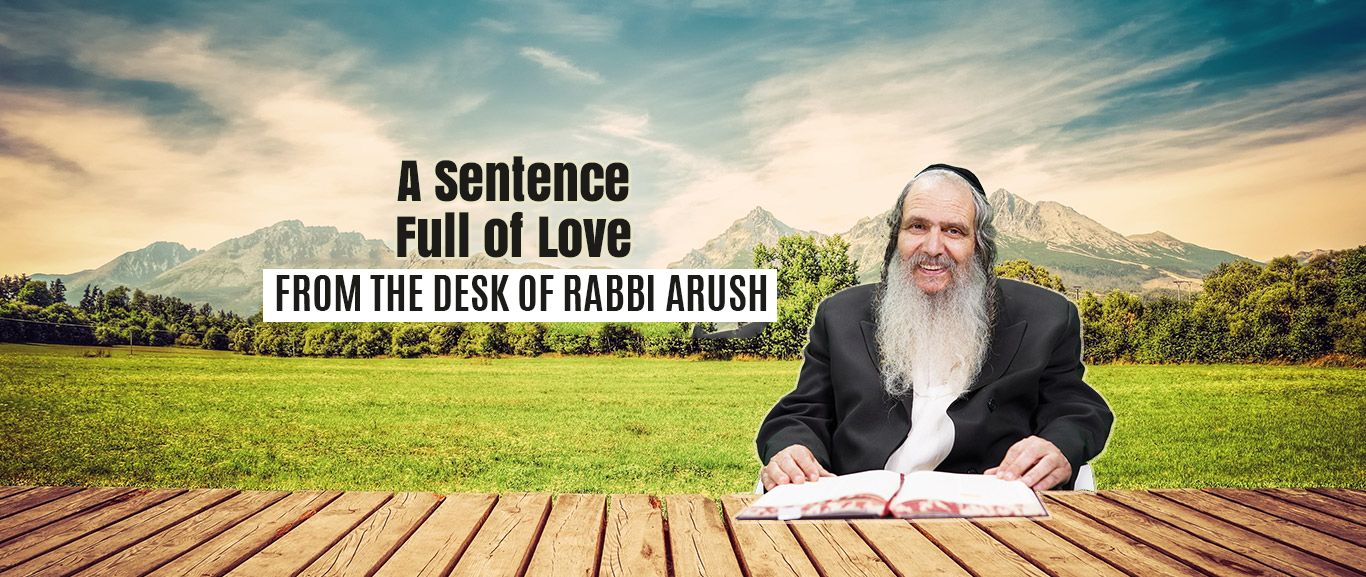
A Sentence Full of Love
Rosh Hashanah – Day of Judgment. Who doesn’t anticipate the holiday with trepidation and dread? Rabbi Arush gives us a completely different way to look at our judgment – as a day when Hashem decides how to best bless us! A MUST READ before Rosh Hashanah!!

Translated from Rabbi Arush’s feature article in the weekly Chut shel Chessed newsletter. The articles focus on his main message: “Loving others as yourself” and emuna.
“Unconditional” Surrender
“What happened this time, Abba? I’ve never seen you looking like this…” David asked after the deal had been signed in a good and fortunate time. Throughout the negotiations, David couldn’t believe his eyes, and it was only from his respect for his father that he said nothing, waiting for an opportune time to ask his father to explain.
David was astonished by his father’s behavior. He had been accompanying his father for a few years already to the signing of many complicated deals and had witnessed labyrinthine negotiations. He knew that his father was a tough businessman who could fight like a lion over every detail and article, never making life easy for the other side. But this time it seemed that David’s father – so strong and stable – was giving in easily to any demand on the part of the other side, and barely expressed any objection… This was not the man that David knew so well…
The father did not answer his son’s question. He only smiled broadly and looked at his son, as one would look at a young, clueless child. But David persisted. He wanted to understand. “What don’t you understand?” replied his father. “This was not an ordinary business negotiation; it was a negotiation with your future father-in-law about your wedding expenses and the help we intend to give you and your bride, so that you will begin your life together comfortably. Why should I bargain? After all, all I want is to give as much as possible…
“In a regular business deal I want to save on the expenses, and keep them down to a minimum, while gaining as much as possible in the end. But in this “deal”, every shekel I put into it is a clear profit for me, because it will be going to my own son, and therefore there is no need to pressure me or convince me; as it is said, the cow wants to nurse more than the calf wants to be nursed.
“Actually, the purpose of all my deals and struggles in life is this very moment – the moment when I can give my children the fruits of all my labors!”
A Sense of Abundance
Dear fellow Jew, understand well and do not forget for a moment that you are a child of Hashem! Do you know what that means? That means that Hashem loves you and wants only to give to you and do good for you, and even better and even better – endlessly, without limits.
Hashem loves you! You are Hashem’s child! All he wants to do is just to give and to do good! So, when praying, you don’t have to “convince” Hashem or “pressure” Him, because you are approaching him as a beloved child, and you know that He wants to give to you more than you want to receive from Him.
So, what is prayer? Hashem says to you: Come, pray to Me, help Me give you and shower abundance on you. I want only to give to you, but I can’t give you anything without your having prepared the vessels for the abundance. So, I am asking you to come and pray at length, more and more, so that I will have the possibility to give endlessly. “Open your mouth wide and I will fill it.”1
This is not emuna (faith); rather, it is clear knowledge, because Hashem’s love for us is a simple reality: “You are Hashem’s children.” If you come to Hashem as a slave, you will always be lacking! But if you come to Hashem feeling like a beloved child and you are aware of His tremendous love – there will be no limit to the good you will receive.
If as Sons, If as Slaves
Let’s see what Rabbi Levi Yitzchak of Berditchev, known as “the Defense Attorney” of the Jewish people, wrote about this in his book Kedushat Halevi: “When a person believes with a perfect faith that the Holy One, Blessed Be He, is our Father, and that He feels pleasure when He does good to His people, the Jews, while He has the ability to do good to all the worlds, so the person lacks nothing, and when he will ask the Holy One, Blessed Be He, to act mercifully towards His nation, then of course the Holy One, Blessed Be He, will fulfill his request… But when a person doesn’t believe in this – then he is lacking because he is not doing the will of Hashem yitbarach (may He be blessed), who wishes to grant us good things…”2
In the Kedushat Halevi it says also that “when they are doing Hashem’s will” means when we believe that He is the Father and we are the children – when it is so, he can shower good on us and give us everything, and that is His will; and “when they are not doing Hashem’s will” refers to when we don’t believe that Hashem is a good father, and so we approach Hashem as slaves, who may or may not get, and by thinking that way we are not “allowing” Hashem to shower good on us, and we are preventing Him from doing what He wanted to do when He created the world!
I think nothing more needs to be said.
Think Good – And It Will Be Good
It is now Erev Rosh Hashanah, the day of judgment for all creatures. Everything is decided on this day, all the abundance for the entire year. So what should we do? How can we merit a good year? Rabbi Nachman says: “On Rosh Hashanah a person must be wise; he should think only good thoughts about the good that Hashem yitbarach will do for us.”
What does that mean? If I think that Hashem will be good to me – so He will be? Am I the one who determines things? Is this a free-for-all?
But when looking at this in depth, that is exactly what the Kedushat Halevi is saying. When you have the complete belief completely that Hashem is a good father, whose pleasure stems only from benefiting and showering with good – that in itself is the vessel that can attract all the good to you!
Because how can you think that Hashem will do good for us? Why should He? If he is only our king, indeed he doesn’t owe us anything and we have no certainty as to whether he will or will not (chalila) do good for us. But if we manage to understand the simple reality that Hashem is a father, then it is clear to us that our father will wish to do things for our benefit, because a father’s only desire is to do good for his child and that is why we say in Aseret Yemei Teshuva (The Ten Days of Repentance) “Avinu malkeinu” (Our father, our king), because he is our Father even before being our King.
When the Judge is Your Father….
The lack of understanding that Hashem is a loving father is the root of all sin. Because if we would believe that Hashem is a father, it would be clear to us that a father wants to help his children, and we would ask him to help us in our struggle with the yetzer hara and with all the difficulties and inhibiting factors – and He would certainly help us constantly; the only reason we fail again and again spiritually is because we are not quite living the reality that we are sons, nor are we quite living the clear knowledge that our Father in Heaven wants us to be successful in observing His mitzvot and learning His Torah and doing His will fully.
According to what Rabbi Levi Yitzchak says, we can understand the essence of the judgment on Rosh Hashanah:
On the Day of Judgment, Hashem sees the true state of each and every one of us. If a person approaches Him as a slave, Hashem, so-to-speak, makes a “business” calculation – Should I urge him to mend his ways by way of encouragement and good things, or by way of justice and punishments, with no certainty that things will be good? But if we approach Hashem as loving sons, the entire trial is like a father who wants to help his son, and he sits and thinks only how to shower good on him and to teach him to mend his ways in easiest and most pleasant way, giving him all the tools he needs to fulfill his mission and his purpose in this world.
So, we see that the purpose of the judgment is only to do good to us!
According to this, our main teshuva (repentance) during the Aseret Yemei Teshuva should be about our not believing enough that Hashem is our Father. We don’t believe enough that He wants to give to us, shower good on us and help us both in material and in spiritual matters.
The secret of Rosh Hashanah is to know that Hashem yitbarach loves us, and He wants to do good things for us, only good. And that is the way to a good and blessed year. And this is the deep root of all the good and blessing in this life: When we know that we have a Father in Heaven! And a father does only good with his children! Because Hashem yitbarach always loves me and I will always have only good and better and better.
Withing you a ktiva vechatima tova, and a good and blessed New Year to all!
Editor’s Notes:
1 Tehillim (Psalms) 81:11
2 Kedushat Levi, Vayikra, Drush l’Pesach aleph




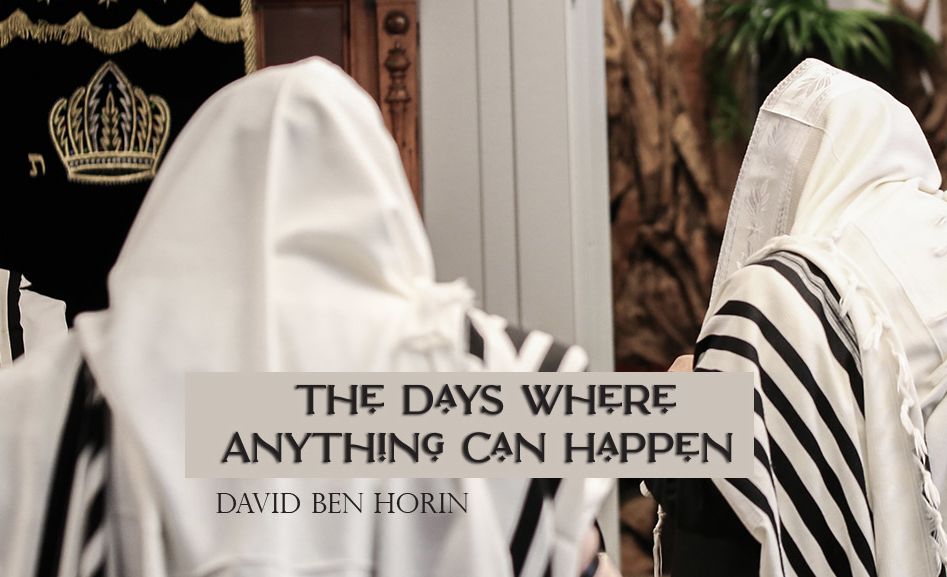
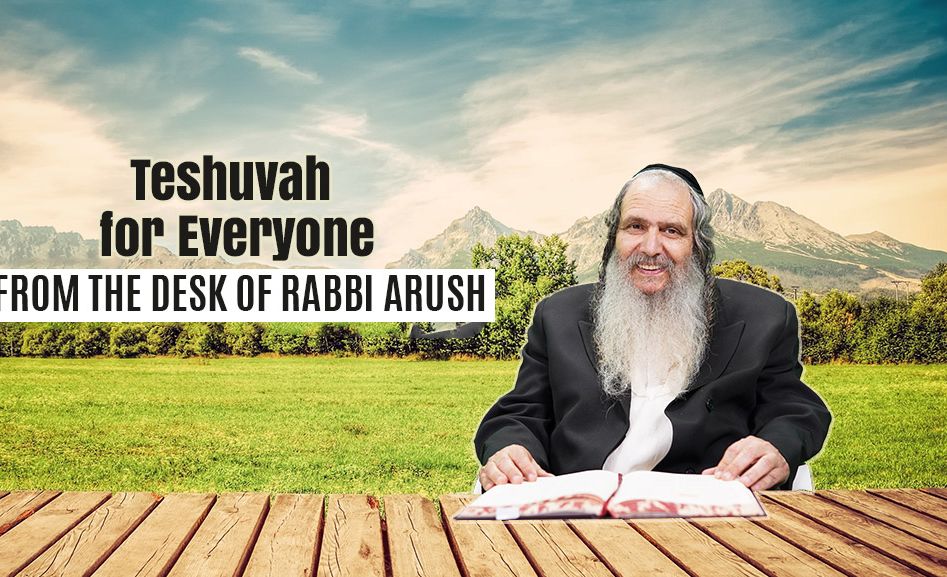
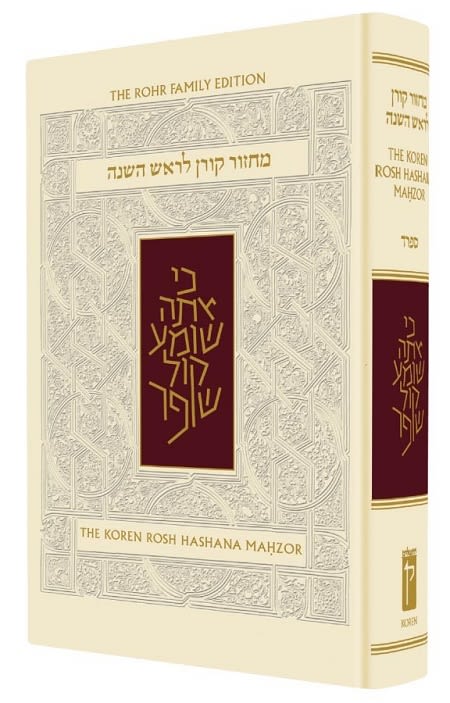


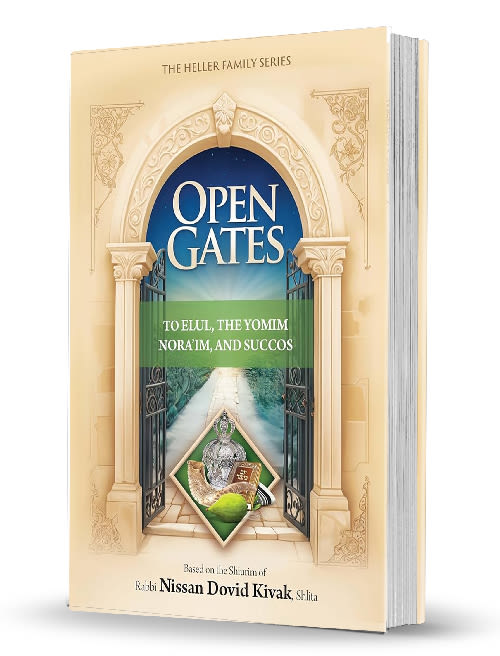
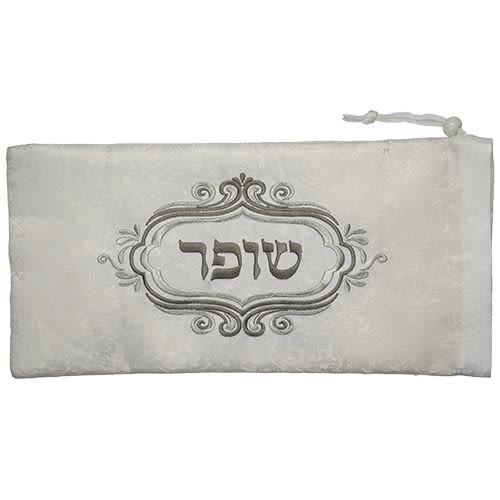
Tell us what you think!
Thank you for your comment!
It will be published after approval by the Editor.